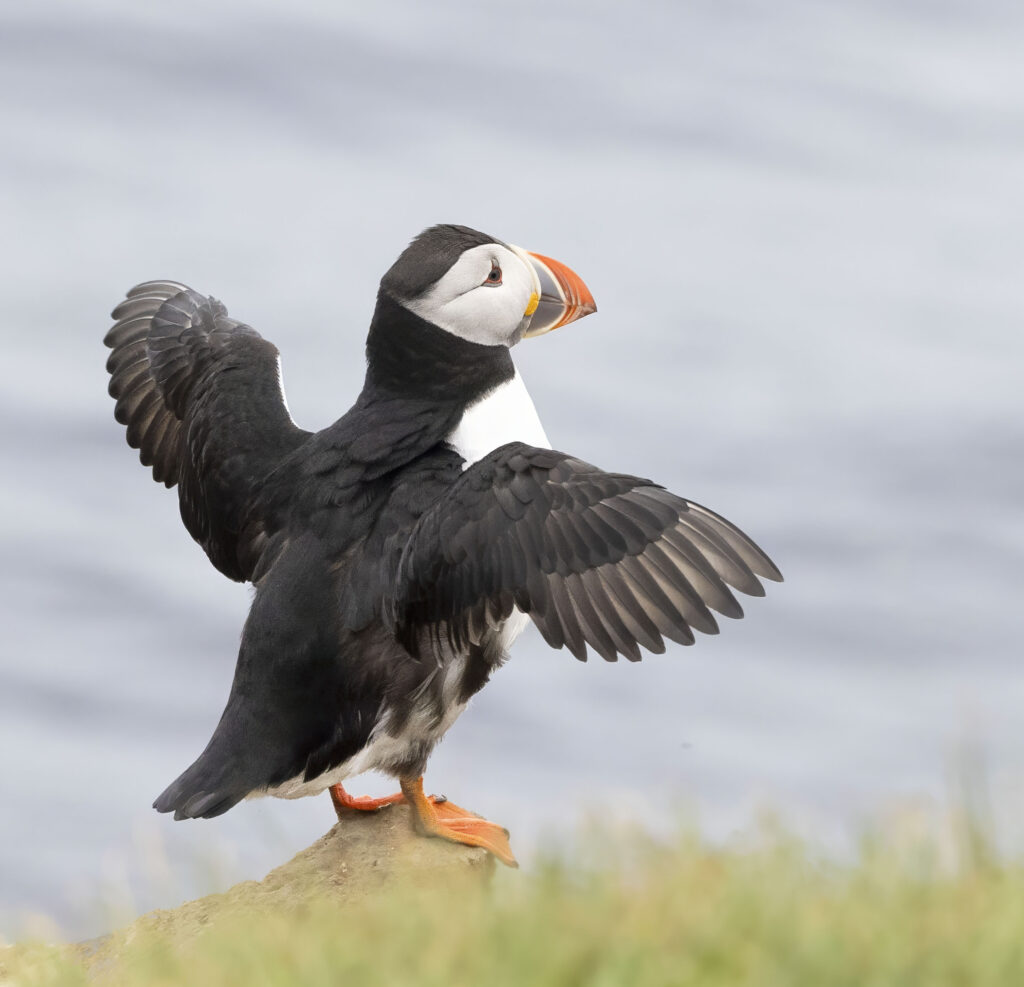Photos by TIANNE STROMBECK

I’m standing in the exact spot
of this photograph, looking at the past—
my middle son, still alive, lying on the rug
at my feet in my oldest son’s house.
On his wide chest, his niece, weeks old,
sleeps, adrift perhaps in the familiarity
of the heart’s steady beat, her memory
of him formed mostly by this photograph.
Tracing dusty footprints, you can be led
to fornix, to tombs, the circus and bars,
to my lupan, my cell, my earthen bed;
what waits is not secret—see what I are?
I’m not a barmaid, an actor or slave;
I’m not being cursed because I had sinned—
I’m earning my keep in this grisly trade.
For that I am traif, but come along in.
I’ll lead you to places you’ve never had;
to hell in a basket: one bloody as.
By SHANE CASTLE
Laughlin learned to hear on the hobby farm in Montana. One late afternoon, the summer he and Cassie bought the five hillside acres outside Helena, he was setting wood posts for the new corral when he heard a sound among the ponderosas toward the top of their property. It was like nothing he’d heard before. He walked up the drive toward it. A breeze was swaying the tops of the trees, and he heard it again and imagined some kind of Mylar weather balloon, blown off course, deflated, stuck in a tree. That’s what the sound was like: someone blowing a taut edge. He remembered being a kid, his family visiting Meema and Peepa at their old place on Animas Creek. He remembered Peepa teaching him and his little brother, Tyler, to blow blades of grass like kazoos. Laughlin looked and looked but found nothing. He walked a while among the tall ponderosas, at times certain he was right under it, only to look up and see nothing, and it went on this way until that moment when dusk turned to dark, when, abruptly, the sound stopped.
It stood beside the dining hall and taller than the dining hall
by half again as much, and in all weather, against all skies
it was like a lit synapse, wild. We went in and out under it
The fox knows many things, but the hedgehog
knows one big thing.
—Archilochus, 680–645 BCE
Well, Archilochus, I guess your lyre
might help me mock, and maybe mourn, this loss—
today I broke the frosted Elvis glass
I bought at Graceland when the symposium
of poets toured the mansion.
I said nothing and thought
of the Foro Romano—
its basilicas, temples, arches—
imagined being by the Lapis Niger
confessing by the tomb of Romulus
and listening to Livia.
Rome, New York
after Austin Araujo
In my favorite picture of you, the hair blown across
your face, obscuring your face, it’s easy to make out,
deep in the distance, the hangers of the air force base
classified as a superfund site, a sprawling huddle
of buildings expanding out into the extent of the valley.
Was it all simply adornment,
watching the rain fall from the sun,
or the mourning dove that carried
the wallet-sized photo in its beak?
Looking back, it was true—
I had stopped seeing the beauty in it all,
living from moment to moment,
looking to be granted some small sense
of pleasure, as if by respite or charity.
Maryland, 2020
My partner wears the panopticon,
and I carry the rope. Hungry
for the rush, the chase, we locate
the missing black calf
about two-tenths of a mile
from East Silver Spring.
He’s wearing a long-sleeve
jersey T-shirt, navy blue jeans.